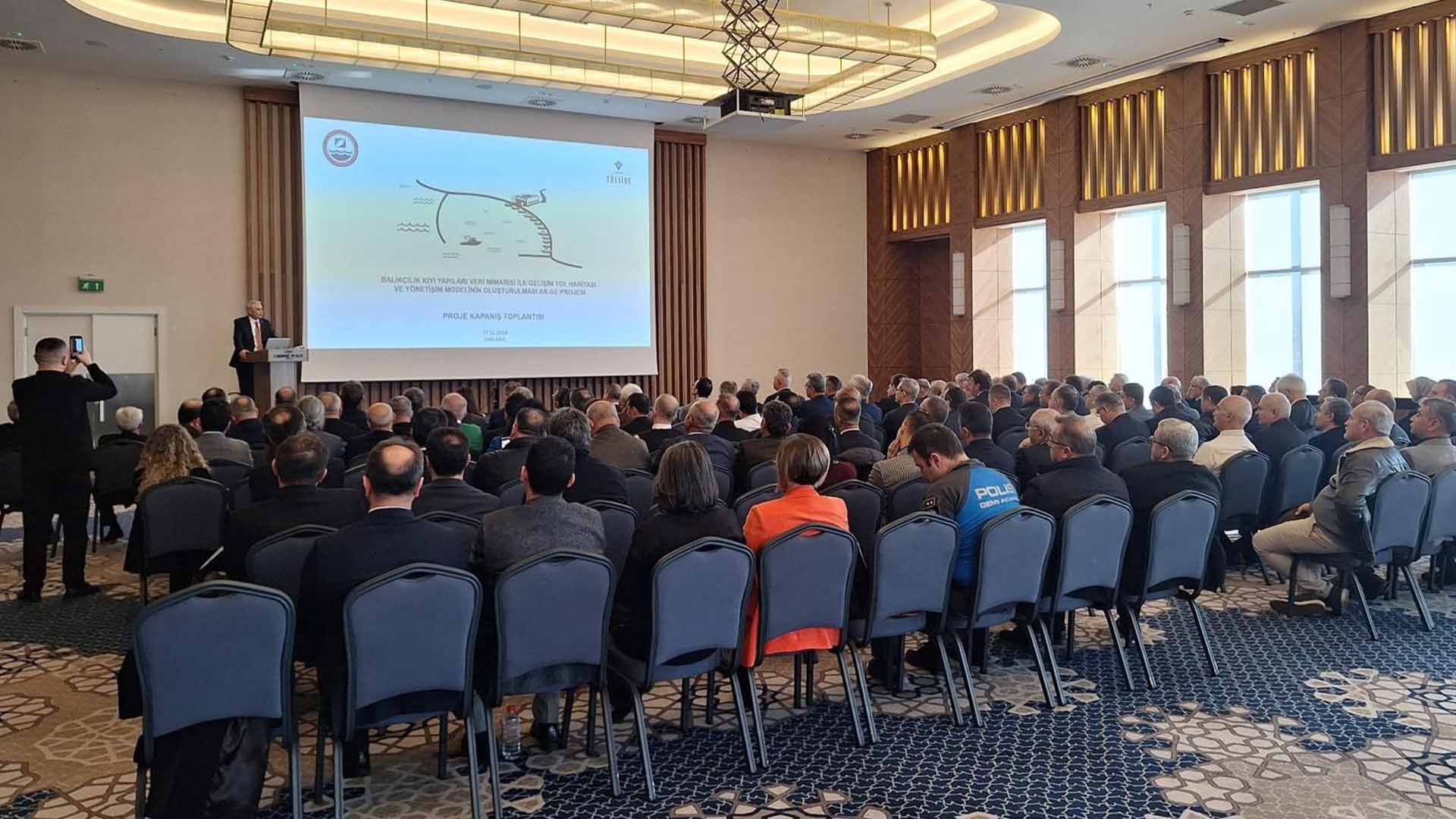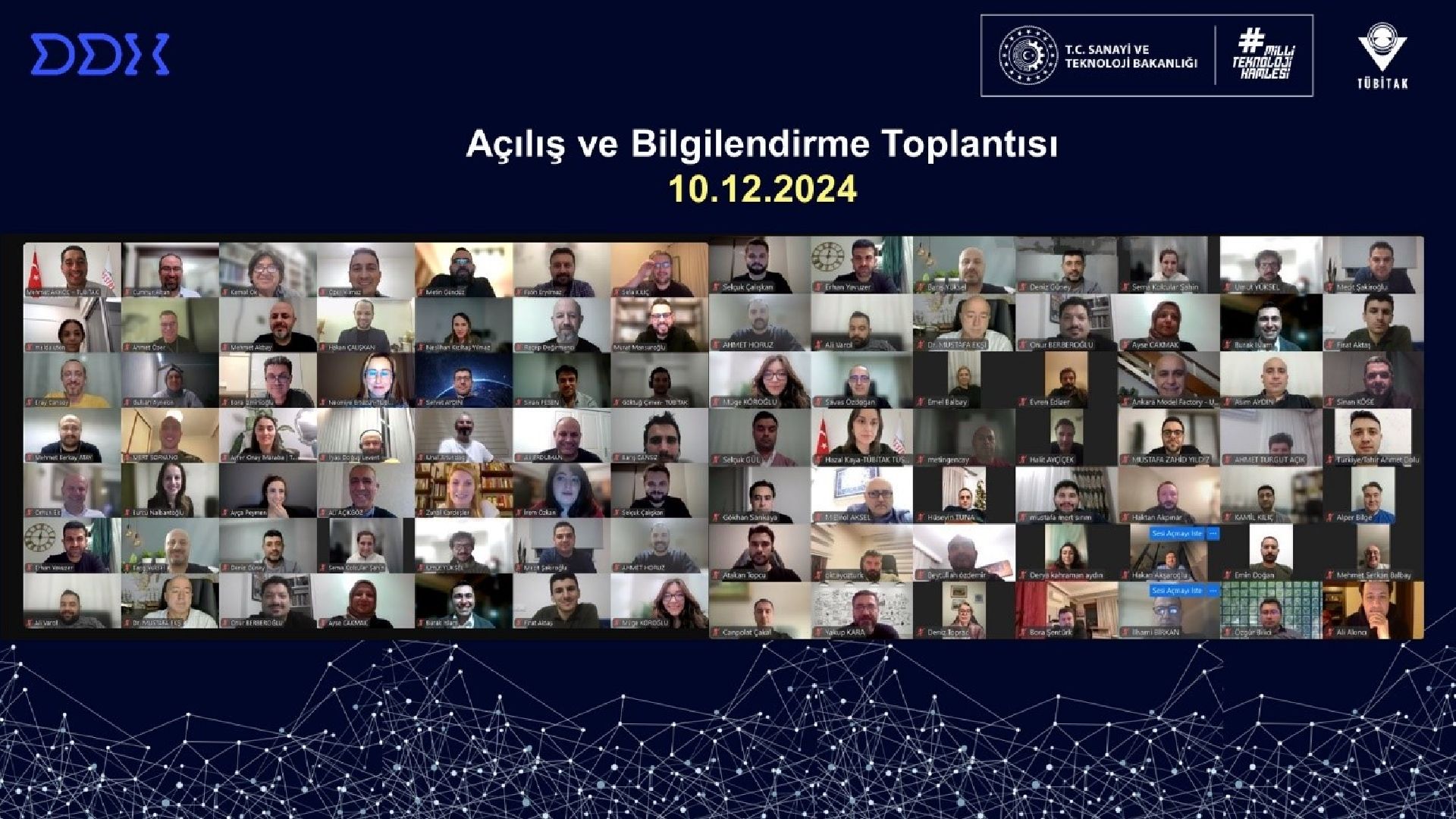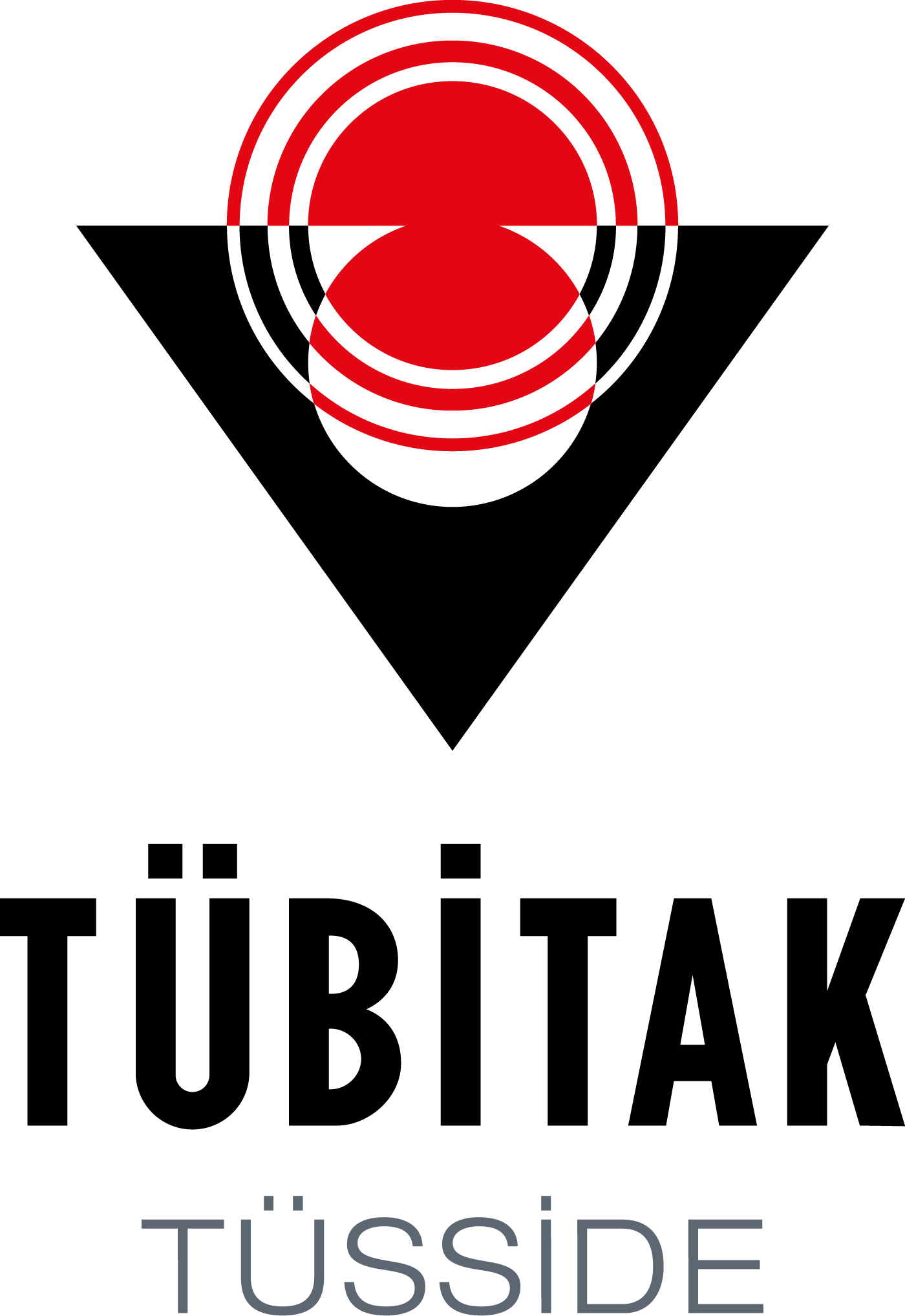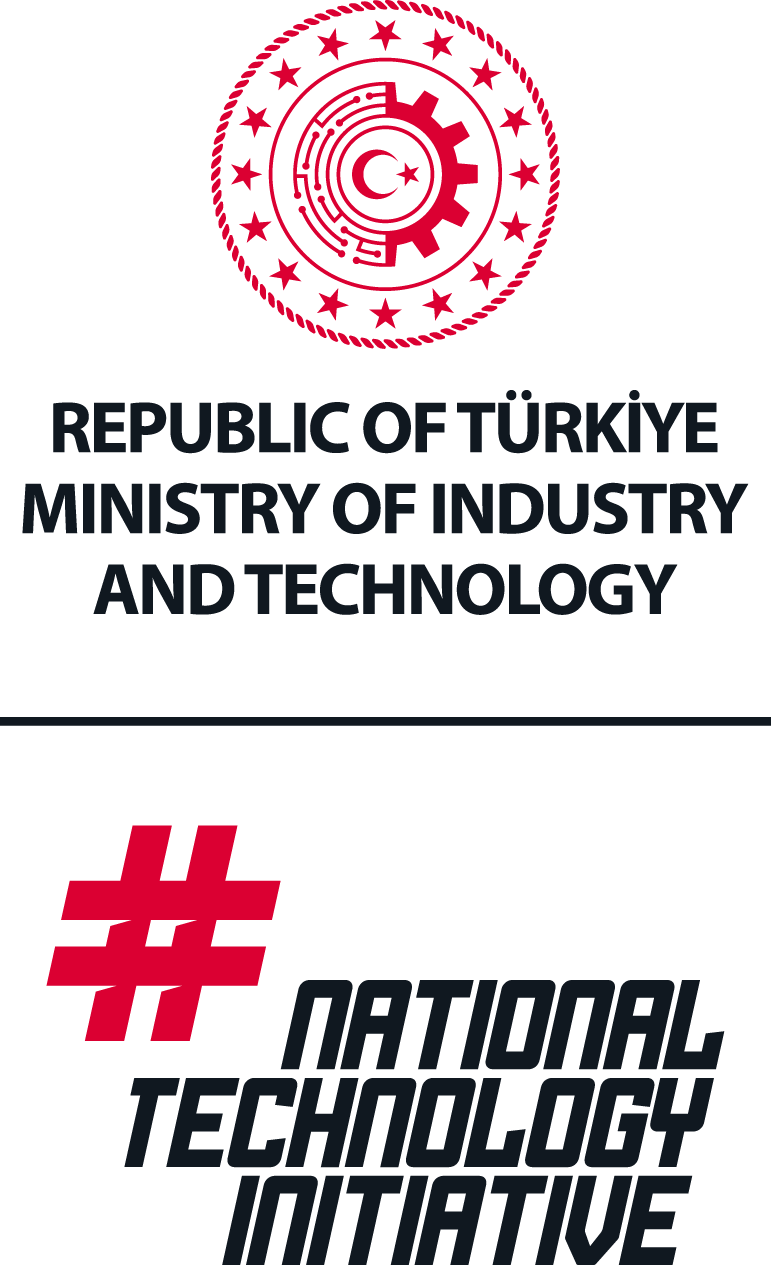The Quality Infrastructure Development Project with the Ministry of Family and Social Policies started on January 28, 2013, and at the end of 1 year, the reports of all modules in the package were completed. The main work packages of the project are as follows:
- Process Management: The process systematics of the Ministry's processes and the Ankara provincial organization have been determined. As an important step in the structuring of the Ministry, the simplification of the ministry's business processes and the commonization of business processes for the same service have been achieved. The main steps are as follows:
- The process hierarchy was determined and critical processes were identified.
- RACI matrix was created for critical processes and performance measurements were made for each process.
- Critical processes were documented.
- Process improvement studies were carried out, and the Ministry's processes were reviewed with a holistic approach.
- Human Resources: Job analysis and standard staff needs of the Ministry and Ankara provincial organization were determined. Job descriptions and job profiles have been determined within the framework of the Ministry's business processes. Task and norm staff definition studies; It aims to fulfill purposes such as determining job descriptions and objectives in detail, determining the responsibilities, authorities and competencies of each title, defining job standards, determining the workload and the number of staff needed.
- The following steps were taken when determining the job description:
- The scope and job analysis methods to be used were defined.
- Focus group meetings were held. Within the scope of job analysis, 48 focus group meetings were held and interviews with 61 titles were conducted.
- 107 different tasks were documented and a job description form was created.
- Corporate Handbook was prepared.
- The unit sizes in which job analysis will be carried out have been determined.
- Functional job analysis was performed on the basis of units.
- Duration studies and duration estimates were made.
- As a result, the standard staff was created.
- Focus group discussions were held with experts from the Ministry of Family and Social Policies.
- Using interviews and focus group meetings, a survey form was designed for each segment receiving service (elderly, women, disabled, children living with foster families, children living in institutions, social assistance recipients). In addition, the satisfaction perceptions of martyrs' relatives and veterans were analyzed in 3 focus group meetings.
- The field application of each part of the study was carried out in 12 provinces and a total of 3446 participants were reached.
- Data collected using qualitative and quantitative methods were analyzed and the project report was completed with the proposed policies.
- The scope of policy, strategy and service models was defined.
- The framework of the input-output-result-effect chain was created.
- Once the data collection tools were provided, the data collection process was completed.
- Data analysis was performed.
- Reporting completed.
- The main steps of norm staffing work are:
- Satisfaction Survey: The project, which was carried out to measure the satisfaction level of the segments benefiting from the services of the Ministry of Family and Social Policies, did not only focus on the satisfaction perceptions of the service beneficiaries, but also examined the demographic, social and economic characteristics that may affect the satisfaction levels of the segments. For this purpose, the following steps were taken within the scope of the project:
- Impact Analysis: The impact of Ministry policies, strategies and service models was measured with qualitative and quantitative methods. The main purpose of the study is to analyze how effective policies, strategies and service models are for stakeholders and the sustainability of policies. An analysis study was carried out on the results of the policy and implementation models of the ministry units and models were prepared to reveal whether the desired results were achieved. The main steps of the work are as follows:










